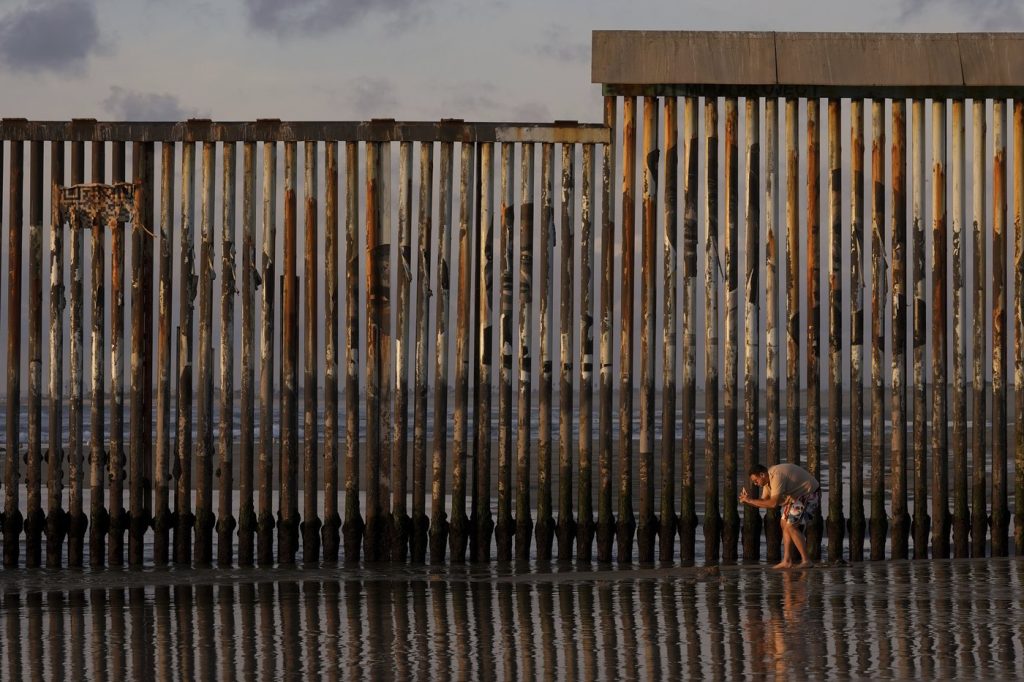Individuals from various countries such as Eritrea, Guatemala, Pakistan, Afghanistan, Ghana, and Uzbekistan converge at the U.S. border seeking asylum. They emphasize that they are fleeing persecution due to their religion, sexuality, or political affiliations. Historically, these asylum seekers were given the opportunity to present their cases to U.S. authorities, but recent policy changes have drastically altered this process.
A Russian election worker, who sought asylum after being caught with recordings of vote rigging, highlighted the abruptness of the system's current state. "They didn’t give us an ICE officer to talk to. They didn’t give us an interview. No one asked me what happened," he expressed before being deported to Costa Rica with his family on February 26. This is a reality faced by many since President Donald Trump, on January 20, suspended the asylum system as part of a broader crackdown on illegal immigration, describing it as a response to what he characterized as an "invasion" of the United States.
Lawyers and activists describe the current asylum process as ambiguous, marked by rapidly changing rules and a lack of transparency. Many immigrants are now expelled almost immediately without a chance to claim asylum, while others find themselves waiting in ICE custody for screenings under the U.N.'s Convention Against Torture—criteria that are often harder to meet than those for asylum. Bella Mosselmans, director of the Global Strategic Litigation Council, noted the confusion surrounding the asylum-seeking process, stating, "It’s really difficult to consult and advise with individuals when we don’t know what the process is."
As legal battles ensue over the sweeping restrictions imposed by the Trump administration, claims of invasion used to justify the suspension of asylum are under scrutiny in federal courts. Several rights groups, including the American Civil Liberties Union, argue that these policies unlawfully jeopardize individuals fleeing persecution. Though illegal border crossings rose significantly during the initial years of President Joe Biden's administration, they notably decreased during his last year in office and fell further after Trump assumed the presidency again.
Despite this decline, over 200 individuals are still apprehended daily for illegally crossing the southern U.S. border. Some of them are asylum seekers, but the total remains uncertain. Paulina Reyes-Perrariz, managing attorney for the Immigrant Defenders Law Center in San Diego, reported a significant drop in inquiries related to asylum. Calls to her office have dwindled from 10–15 daily to a mere handful since Trump’s policy changes were implemented.
The Russian family, who had meticulously planned their asylum application, felt deeply betrayed by the U.S. They followed all the procedures, traveling to Mexico in May 2024, where they waited for nearly nine months for their asylum interview. However, just hours after the interview was scheduled, it was canceled with no chance for appeal. Following a border crossing to request asylum, they were detained and later flown to Costa Rica in shackles.
In an effort to streamline deportations, the Trump administration has sought agreements with countries such as Costa Rica and Panama to temporarily hold deportees. Early in the year, reports indicated that approximately 200 migrants were returned to Costa Rica, with additional deportations to Panama. Advocates for stricter immigration controls assert that the asylum system has been exploited, with a notable portion of applications being denied in recent years.
The situation for the Russian family remains dire. While many individuals who arrived with them have moved on, they remain in detention, with the father fearing for their safety should they return to Russia. Struggling against despair, he reflects on his perceived failure: "I failed them," he says, expressing the constant worry and tension stemming from their predicament.











